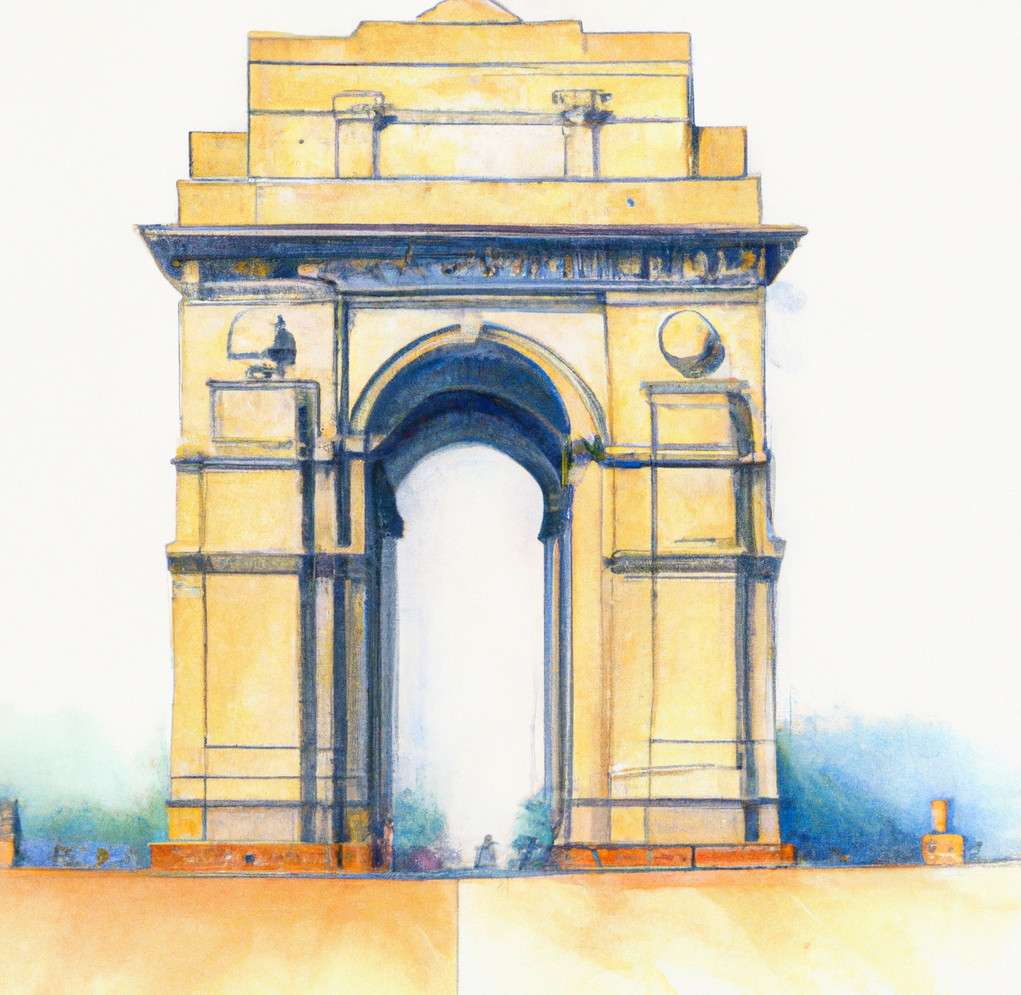Hindi is one of the most widely spoken languages in the world, with over 500 million speakers. It is the official language of India and is also spoken in Pakistan and Nepal. But have you ever wondered who developed Hindi language and how it came into existence? In this blog post, we will explore the origins of Hindi and the people responsible for its development.
The history of Hindi can be traced back to the ancient language of Sanskrit, which was spoken in India over 3,000 years ago. Sanskrit was the language of the Vedas, the ancient scriptures of Hinduism, and was used for religious and scholarly purposes. Over time, Sanskrit evolved into Prakrit, a more simplified version of the language that was easier to understand and speak.
During the medieval period, a new language called Apabhramsha emerged, which was a mixture of Sanskrit, Prakrit, and other regional languages. This language was the precursor to modern Hindi and was spoken in the northern regions of India.
The development of Hindi as a distinct language can be credited to the great poet and scholar, Kabir. Kabir was born in 1440 in the city of Varanasi, in present-day Uttar Pradesh, India. He was a weaver by profession but was known for his spiritual and philosophical poems, which were written in a language that was a mixture of Sanskrit, Prakrit, and local dialects.
Kabir’s poems were widely popular among the masses, and his language became the basis for the development of Hindi. Over time, Hindi evolved further and became the language of the common people, replacing Sanskrit and other regional languages.
The adoption of Hindi as the official language of India can be traced back to the Indian independence movement of the early 20th century. Hindi was seen as a symbol of national unity and was promoted by leaders such as Mahatma Gandhi and Jawaharlal Nehru.
In 1949, the Indian Constitution declared Hindi as the official language of the country, alongside English. However, this decision was not without controversy, as many non-Hindi speaking states argued that Hindi was being imposed on them. As a result, the constitution also recognized the importance of regional languages and allowed them to be used for official purposes.
In conclusion, the development of Hindi language can be traced back to the ancient language of Sanskrit and the evolution of regional dialects. The credit for the development of modern Hindi goes to the great poet and scholar, Kabir, whose language became the basis for the language spoken by millions of people today. Hindi continues to be an important language in India and around the world, and its development is a testament to the rich cultural heritage of the country.
